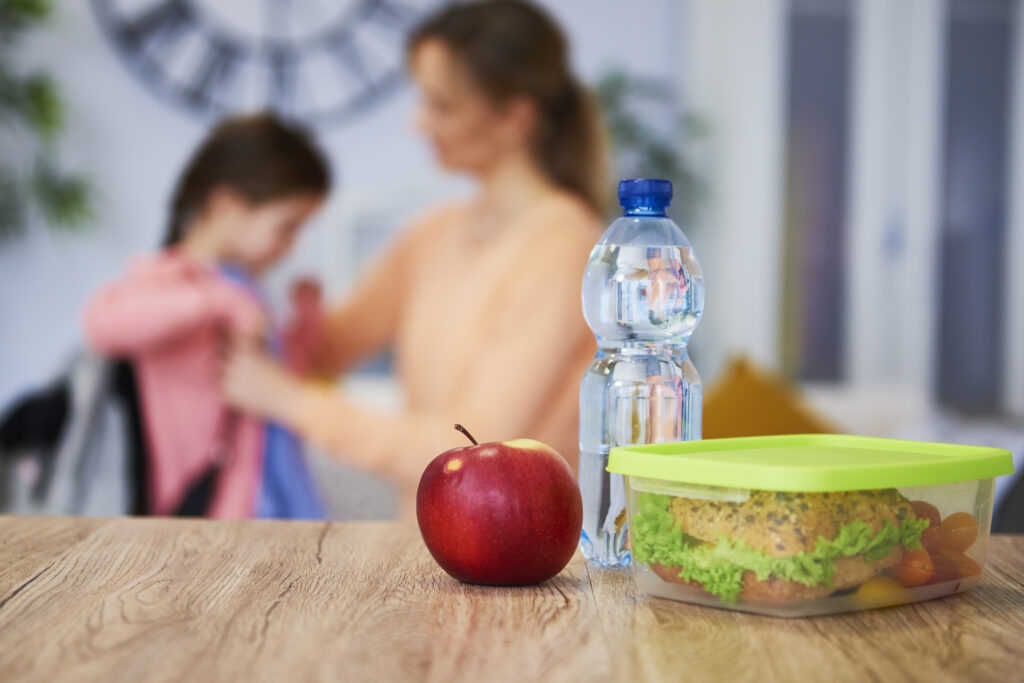
You likely provide your children with a diet to maintain strong bones and healthy muscles. But what about nutrients for their brain too? Science shows that a child’s food intake significantly impacts their brain and neural health. Here are five essential, brain-boosting nutrients to include in your child’s diet:
Omega Fats
Omega-3 fatty acids (also known as essential fatty acids) are important for brain development. Research shows that omega fats enhance brain function and improve cognitive ability. As much as possible, try to include all three types of omega fats (ALA, EPA, DHA) in your child’s diet. Salmon and other kinds of seafood are especially good sources of EPA and DHA. For ALA, focus on plant oils, nuts, seeds, and leafy vegetables.
Get your omega fats with these Guiding Stars recipes:
Choline
Choline is an essential micronutrient for brain development, cognitive function, and neural health. Start early: research shows that choline is especially impactful on infants and toddlers in their first 1,000 days of life. It’s also fairly easy to incorporate choline into your child’s diet, as eggs are an excellent source. Soybeans, chicken, dairy-rich foods, and cruciferous vegetables like brussels sprouts, cabbage, and broccoli are also high in choline.
Try these choline-rich recipes:
Anthocyanins
Anthocyanins are the rich, colorful compounds found in berries. These compounds are powerhouses for many reasons, including benefiting our children’s brain development. Add them to your child’s meals, snacks, and smoothies to enhance academic performance, improve memory, and generally encourage better brain health.
These colorful recipes are rich in anthocyanins:
Folate
It’s essential for women to consume folate before and during pregnancy to ensure proper fetal brain growth and neural development. But the benefits of folate don’t end there. Folate intake aligns with academic achievement in school-age children, according to several studies. You’ll find folate in leafy greens and fortified foods like breads and cereals.
Eat your greens! These recipes help kids do just that:
Iron
Iron deficiency is common among children. Unfortunately, this can have a negative impact on brain development and put them at greater risk of developing cognitive disorders. Lack of iron may also increase the potential for a child to develop ADHD. To ensure your child gets enough iron, cook shellfish and red meat—both excellent sources of iron. Legumes, pumpkin seeds, and spinach also offer iron. To increase the benefit, pair iron-rich foods with vitamin C. Another tip? Cook in a cast iron skillet whenever you can. This increases the amount of iron in your finished dish and is a great way to boost iron intake.
Offer kids these iron-rich recipes: